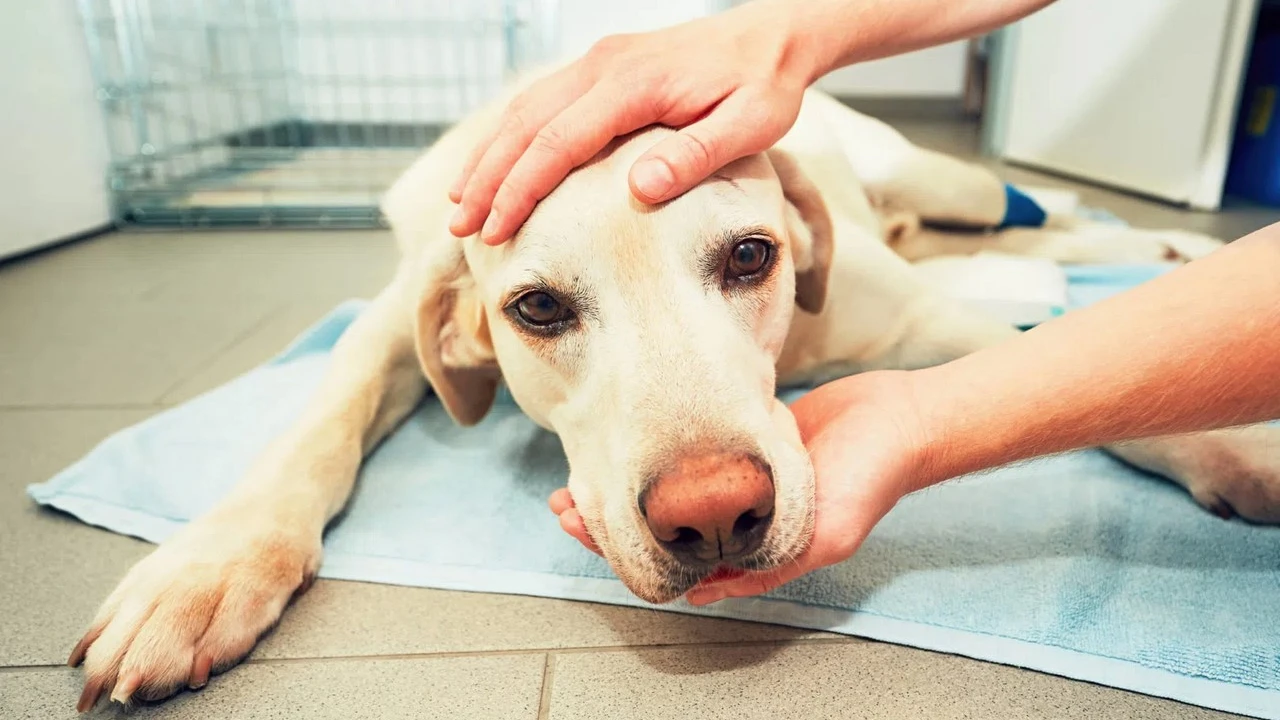Pet Health: Practical Tips to Keep Your Dog Well
You want your dog to live longer and feel good every day. Pet health isn't one thing—it is small habits that stack up. Feed right, move daily, manage stress, and use hands‑on care. Do these and most problems never start.
Nutrition and Supplements
Food is the foundation. For most dogs a balanced diet from a reputable kibble or home plan set up by your vet works best. Check labels for protein, healthy fats, and limited fillers. Omega‑3 fats (fish oil) help joints, skin, and brain. Talk to your vet about dose and quality. Avoid feeding grapes, onions, chocolate, xylitol, and raw bones without guidance. Small daily heart‑healthy treats like cooked pumpkin, blueberry, or a bit of plain yogurt make a difference without breaking calorie goals.
Hands‑on Care: Massage, Movement, and Calm
Massage helps loosen tight muscles, ease soreness, and calm anxious dogs. Use short five to ten minute sessions focused on shoulders, back, and hips. Watch your dog's body language: soft eyes and relaxed breathing mean good; flinching, growling, or pulling away mean stop and check with a vet. For active dogs, sports or myofascial style work can speed recovery, but avoid deep pressure on sore areas without professional guidance.
Daily movement keeps weight in check and joints moving. Short walks, play sessions, and controlled fetch beats long bursts that stress growing joints. Try two to three brisk walks and a play block each day, adjusted by age and breed.
Stress shows as pacing, whining, or chewing. Keep a steady routine, provide quiet space, and use safe chew toys. Calming scents and pheromone diffusers help some dogs. Wearable trackers for dogs now measure activity and heart rate, giving you real numbers to share with your vet if behavior or health changes.
Preventive care catches problems early. Schedule regular vet checks, keep vaccines current, and use parasite prevention. Brush teeth weekly to cut dental disease, and weigh your dog monthly to spot creeping weight gain. For joint prone breeds, consider vet‑recommended supplements like glucosamine or omega‑3, and ask about tailored exercise plans.
Small changes pile up. Swap one treat, add a five‑minute massage, or shorten a walk for safer movement. Track results, ask your vet questions, and read practical guides on our site to pick what fits your dog. Healthy dogs are happier, calmer, and easier to live with. Start one small habit this week and build from there.
Quick troubleshooting: limp or sudden change in appetite needs same‑day vet attention. Sore spots that don't improve in a week deserve professional checks. If your dog resists touch, try short calm sessions with treats to build trust. Use low lights, soft voices, and known positive rewards. Healthy routines reduce anxiety and cut vet visits.
Explore our articles on massage, nutrition, relaxation, and vet tips. Bookmark pages that match your dog's age and needs. Share what works with other owners, and keep notes on progress. Your dog's health improves when you act every day.

Securing Your Cherished Family Pets: Biomedix Zoosorb for Veterinary Treatment
As a passionate pet parent, I understand how crucial it is to protect our adorable companions from anything harmful, especially poisoning. In this article, I'll introduce you all to Biomedix Zoosorb, a considerable asset in the veterinary treatment world. It's an incredibly effective compound feed that aids in treating animal poisoning, ensuring that we are one step ahead in securing our cherished pets' health. So, join me as we explore this life-saving element of pet care.

Health Juice: Your Easy Route to Better Hydration
Aug, 21 2024

Healthy Diet for the Whole Family: A Practical Guide
Jan, 21 2026

Gut Health and Its Impact on Your Metabolism
Nov, 20 2024

